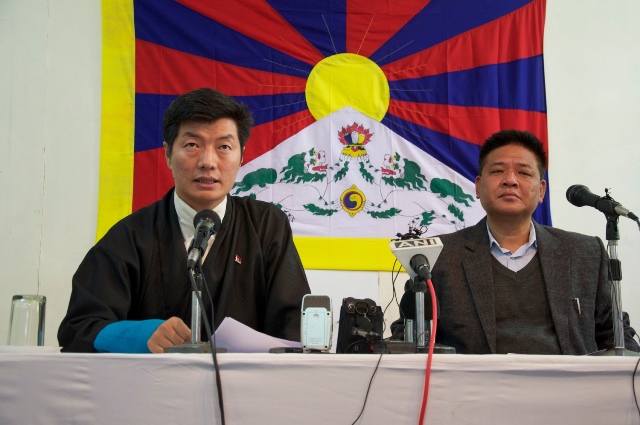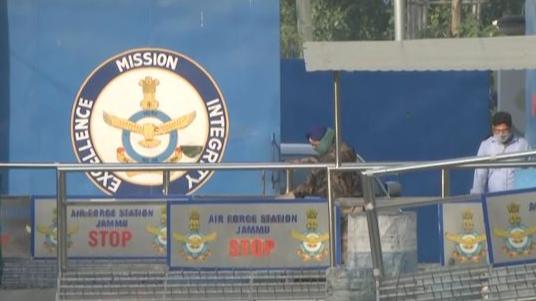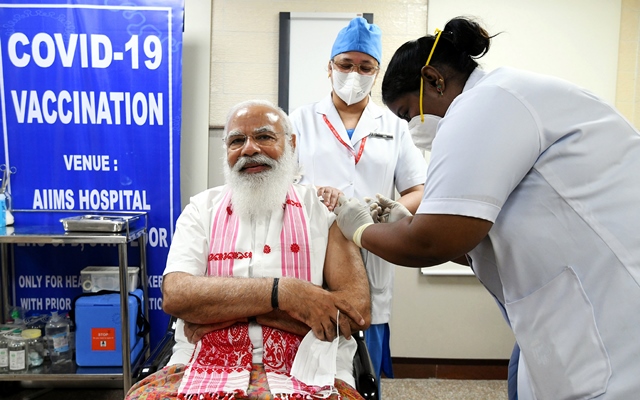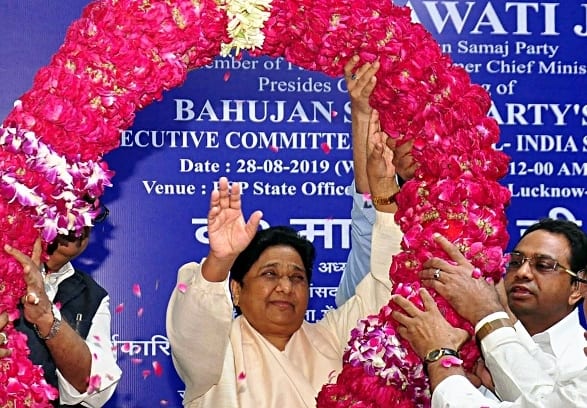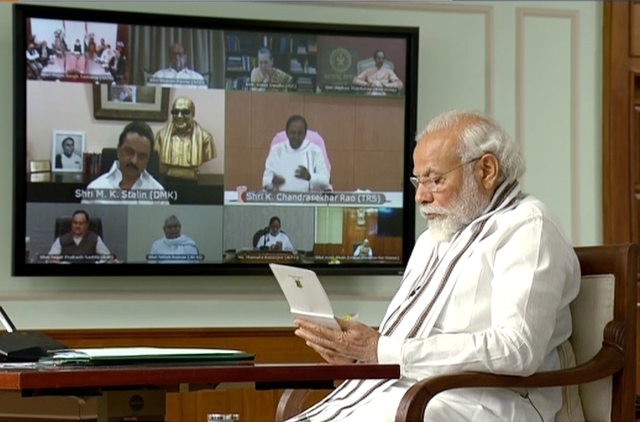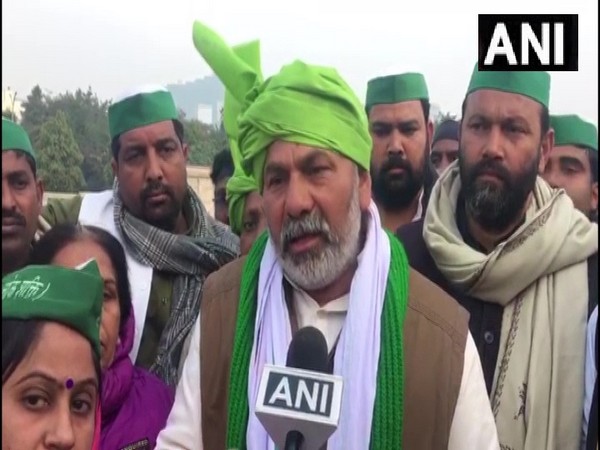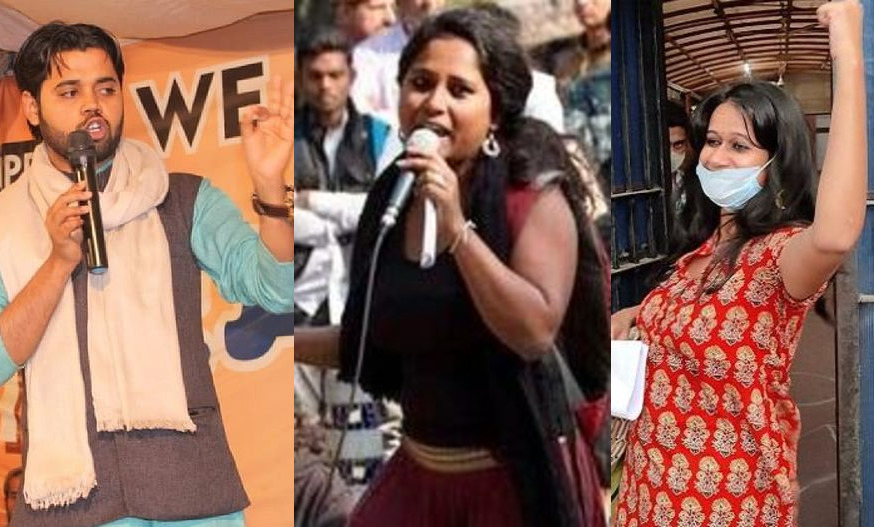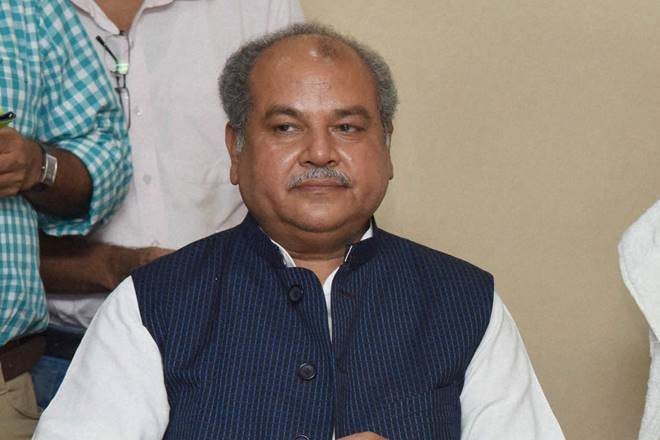A few weeks ago, in a sober and low-key ceremony on account of the pervasive and raging Wuhan Virus, Penpa Tsering was sworn in as the democratically elected Sikyong or the President of the Dharamshala based Central Tibetan Administration (CTA), the Tibetan government in exile.
From the time results of the elections were declared in mid-April 2021 to the swearing-in ceremony on May 27 and even thereafter, messages of felicitations have poured in from parliamentarians across the world, Tibet support groups, international bodies and institutions. Notably, the US State Department, parliamentarians from EU countries, Canada and from Japan and Australia – 3 of the 4 Quad member countries- and Taiwan’s Foreign Minister sent congratulatory messages to the new Sikyong.
However, there was no official media reportage on the election, the swearing-in ceremony, or message of felicitation to the new democratically elected Sikyong from political leaders, officials or organizations affiliated to the Indian government.
The conspicuous silence is evidently in line with the classified directive issued by GOI in a letter dated Feb 22, 2018 that was circulated to all offices in the Central and State governments. The letter imposed restrictions in the form of an “advisory” to all Ministries/Departments of the Government of India as well as State Governments not to accept any invitation or participate in any function organized or hosted by the CTA. It was issued on the eve of the then Foreign Secretary’s visit to China citing the reason to be a “very sensitive time in India-China relations”.
Speculations on the underlying reasons for the issue of the referred letter made by a stunned CTA, Tibetan community in exile and many China/Tibet experts varied.
Some believed that it was a condition to pave the way for Prime Minister Narendra Modi – President Xi Summit in Wuhan that followed in April 2018.
Some said that it was to persuade the Chinese to change their position on Masood Azhar being listed as a terrorist by the UN.
A few opined that it was to get China’s nod on India’s membership of the Nuclear Suppliers Group.
One assessment suggested that it could have been a mere pique at the undisclosed visit of a senior representative from the Dalai Lama set up to China ostensibly as part of their back-channel negotiations for the resumption of dialogue between the two sides.
Whatever the considerations at that time were, the revised policy guidelines were in line with India’s genuine desire to continue to build on the goodwill generated during Xi’s parleys with PM Modi in Ahmedabad. It was a significant step taken by India to bridge the “trust deficit” coming in the way of improvement in bilateral relations.
However, India’s efforts to build mutual trust were brutally undermined in May 2020 by the pre-meditated and brazen display of deceit and deception when an aggressive and expansionist China diverted troops to occupy territory previously not under its control in Eastern Ladakh.
It blatantly violated painstakingly negotiated bilateral agreements, confidence-building measures, protocols and understandings. The “trust deficit” which India sought to bridge actually widened due to Chinese duplicity.
Meanwhile, the international situation has also undergone significant changes. The Biden Administration has signalled its inclination to abide by the Tibet Policy and Support Act.
It made an unprecedented gesture in publicly extending greetings to the CTA on the occasion of the Tibetan New Year. It has indicated a steady and firm resolve to reconfigure its relations with China to one of “strategic competition”.
China is viewed as being bent on disrupting and defying the rules-based international order and threatening peace and stability. The Quad has galvanized. The EU has frozen a massive investment agreement with China.
Internal repression in China is getting more focus than ever in the recent past. Tibet, Xinjiang, Inner Mongolia, Hong Kong and Taiwan are gradually gaining renewed global attention for a variety of political and strategic reasons.
Under these circumstances, an urgent need is felt for a substantive reappraisal of India’s relations with China across the board and with Tibet in particular.
Many ideas have been mooted in the strategic community as a befitting political riposte. These range from India abandoning the One China policy, to awarding the Dalai Lama with the highest civilian honour, to the Indian government expressing support for all the decisions taken by the Dalai Lama in the matter of his reincarnation, to welcoming the 15th Dalai Lama as an honoured guest of India.
While all such suggestions can be discussed on their merit and efficacy, the lowest hanging fruit is the quiet unpublicized burial of the February 22, 2018 directive and return to status quo ante in relation to interaction with the CTA as it prevailed since 2011.
At that time, in an astute and far-sighted move, the Dalai Lama approved the devolution of all the administrative and political powers vested in him to democratically elected Tibetan leaders.
The Government of India viewed this in a positive light. The former Sikyong, Lobsang Sangay, was invited to attend PM Modi’s oath-taking ceremony in May 2014 along with other Heads of Government.
Contacts and interaction with the Dalai Lama and Sikyong at the highest political levels, albeit unofficial, continued. This was despite China conveying her objections to India for permitting the CTA to carry out their legitimate functions and pursuit of religious activities.
A return to the pre-February 22, 2018 policy will send the right signal about India’s determination to shun any notion of appeasement in its relations with China as the latter continues to play hardball on border negotiations.
It will be a small but significant step to bring the Tibet issue back on the table. It will have the desired effect in the Tibetan community in exile and within Tibet in the form of tacit support to the CTA’s international advocacy efforts to resume Sino-Tibet negotiations. It will also indicate India’s willingness to join the call from the wider comity of democratic countries in this respect.
The time to shed any perceived ambivalence on the Tibet issue is now. The time to restore the status quo ante on India’s policy towards the CTA, and the Tibetan community is here.
(The author is former Special Secretary, Government of India, Cabinet Secretariat – ANI)
